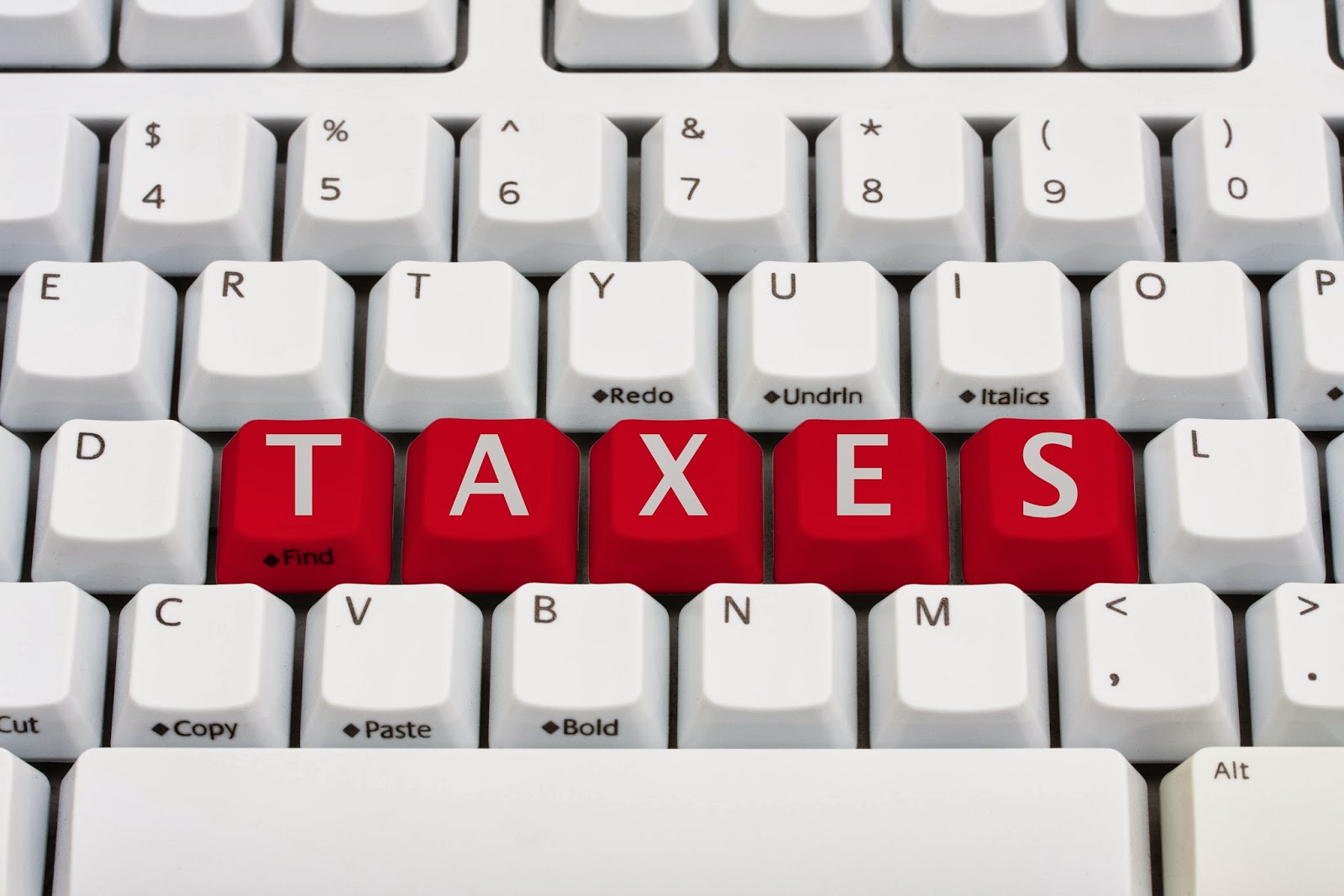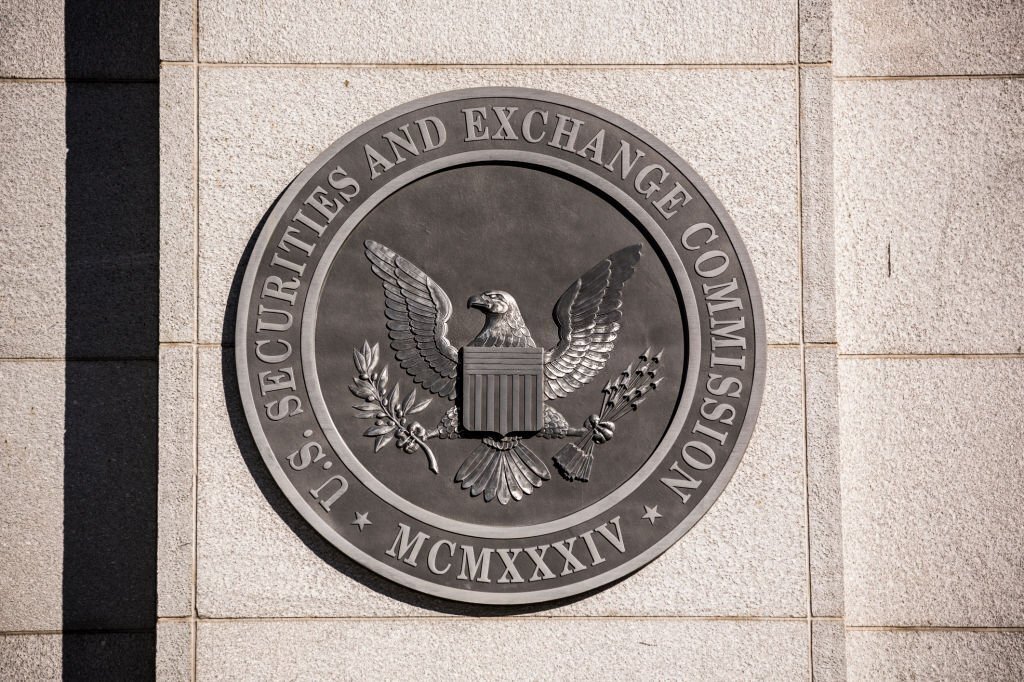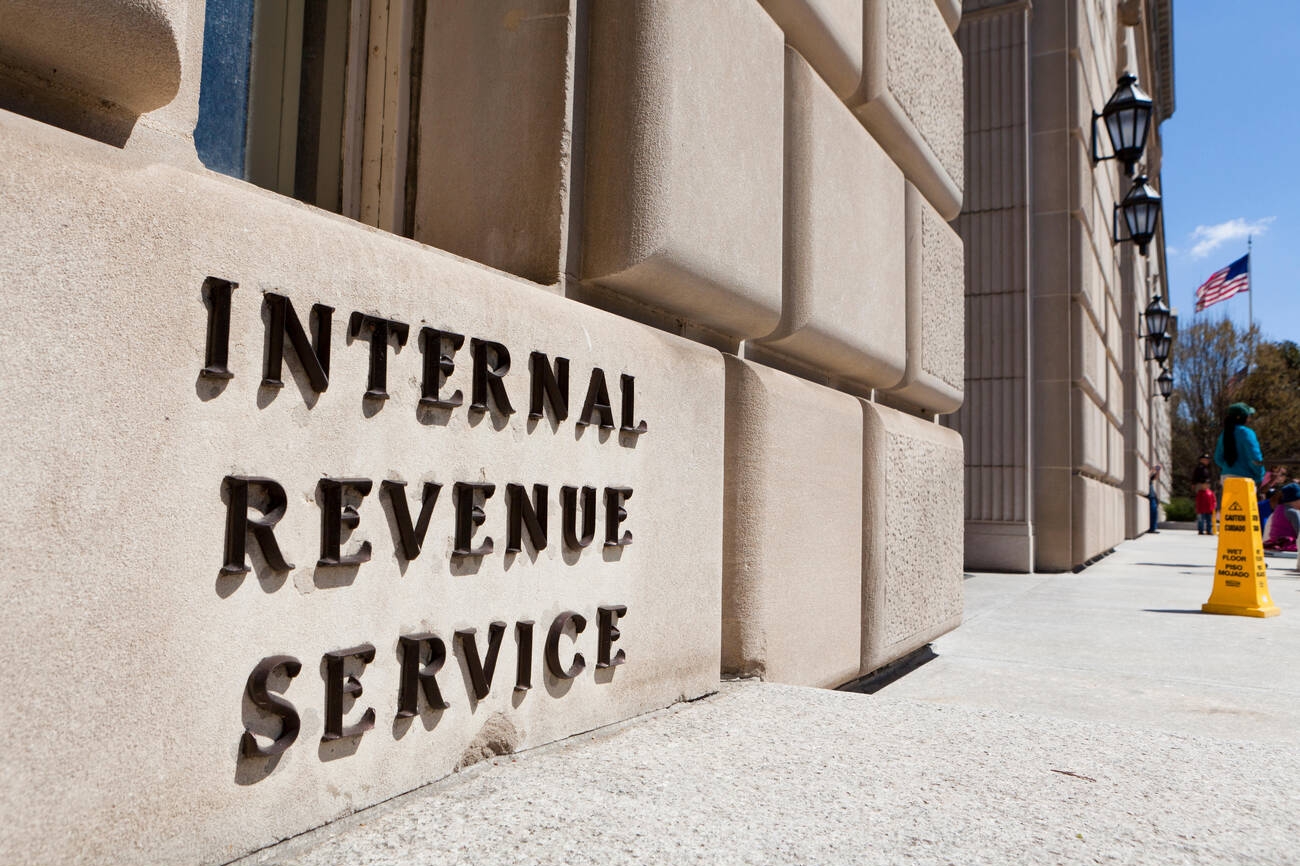The Supreme Court of the United States has been asked to review a case regarding the applicability of Florida tax to sales fulfilled in — and shipped to — locations outside of Florida. The Florida case involves the taxability of a Florida-based internet seller’s sales to consumers in other states and countries, and a Supreme Court review could add an interesting twist to the national internet sales tax conversation, which generally centers on states’ attempts to impose a tax collection obligation on out-of-state businesses selling to in-state consumers.
The case
American Business USA Corp. is an internet business that sells flowers, gift baskets, and prepaid calling arrangements to customers nationwide and in numerous foreign countries. It’s based in Florida and collects Florida sales tax on orders shipped to Florida destinations.
During an audit of its 2008-2011 business activities, the Florida Department of Revenue found the company liable for unpaid sales tax on floral arrangements, gift baskets, and prepaid calling cards to consumers in other states or countries. It based its tax assessment in part on Florida Statute 212.05(1)(l):
“Florists located in this state are liable for sales tax on sales to retail customers regardless of where or by whom the items sold are to be delivered. Florists located in this state are not liable for sales tax on payments received from other florists for items delivered to customers in this state.”
American Business maintains that it should not be compelled to collect and remit Florida tax on orders when:
- The consumer is out-of-state
- The order is filled in another state
- The order is shipped to another state or country
Courts to date have disagreed on this matter. An administrative law judgment initially upheld the department’s audit findings in March 2013. The Fourth District Court of Appeals then found the state to have “impermissibly burdened interstate commerce when it taxed out-of-state customers for out-of-state deliveries of out-of-state tangible goods.” (It upheld the department’s determination on prepaid calling cards, as the company did not keep records that could prove the location of the purchasers.) Furthermore, the appeals court found Florida’s law on out-of-state flower deliveries to be unconstitutional.
The case then proceeded to the Florida Supreme Court, which in May 2016 “quash[ed] the decision of the Fourth District” and found Florida Statute 212.05(1) to be constitutional for the following reasons:
- American Business has substantial nexus with Florida
- The tax is fairly apportioned
- The tax does not discriminate against interstate commerce
- The tax is fairly related to the services provided by the state
Taxing the online sales of flowers, gift baskets and phone cards therefore did not violate the dormant Commerce Clause of the U.S. Constitution or the Due Process Clause of the U.S. Constitution. See Florida Department of Revenue v. American Business USA Corp., No. SC14-2404 for additional details.
American Business is now petitioning SCOTUS to hear the case.
The sale of tangible personal property in the age of ecommerce
The petition questions the constitutionality of the Florida statute (Florida Statute 212.05(1)(l)) and Florida Admin Code R. 12-A-1.047(2)(b), which reads:
“In cases where a Florida florist receives an order pursuant to which he gives telegraphic instructions to a second florist located outside Florida for delivery of flowers to a point outside Florida, tax will likewise be owing with respect to the total receipts of the sending florist from the customer who places the order.”
Further, the petition asks the Court to review the case “to confirm where the sale of tangible personal property occurs in the age of e-commerce:”
“Can a State collect sales tax on out-of-state property ordered over the internet for out-of-state delivery, by relying on this Court’s decision in Quill Corp. v. North Dakota, 504 U.S. 298 (1992) and the State’s connection to the corporation that accepts the order and arranges the sale, or does such a tax violate both the Due Process Clause and dormant Commerce Clause of the United States Constitution by imposing a sales tax on the out-of-state transfer of tangible personal property?”
“An excellent vehicle to further define the contours of Quill”
This question puts an interesting spin on the traditional online sales tax question. It doesn’t deny the connection between Florida and the “company that operates an internet website.” However, the petition argues that Florida has no connection to the physical goods being transferred. If the case is upheld, it predicts:
- “The collection of sales tax on internet sales, relying on the location of the corporation that operates a website, is likely to proliferate in other states and other contexts outside of flower sales.”
- “The Florida Supreme Court’s reasoning would drastically expand the authority of states to tax and regulate activity and property wholly within other states.”
Does the Florida case present “an excellent vehicle to further define the contours of Quill and the collection of sales tax in the age of e-commerce,” as the petitioner states? Perhaps, if the Supreme Court grants certiorari[1]. If not, there may be growing momentum to challenge Quill. Alabama, Colorado, and South Dakota would all like the opportunity to argue for overturning Quill before the United States Supreme Court.
Thanks for reading CPA Practice Advisor!
Subscribe Already registered? Log In
Need more information? Read the FAQs




![gavel1_11537663[1]](https://www.cpapracticeadvisor.com/wp-content/uploads/2020/03/gavel1_11537663_1_.5e6a69aa237a8.png)
